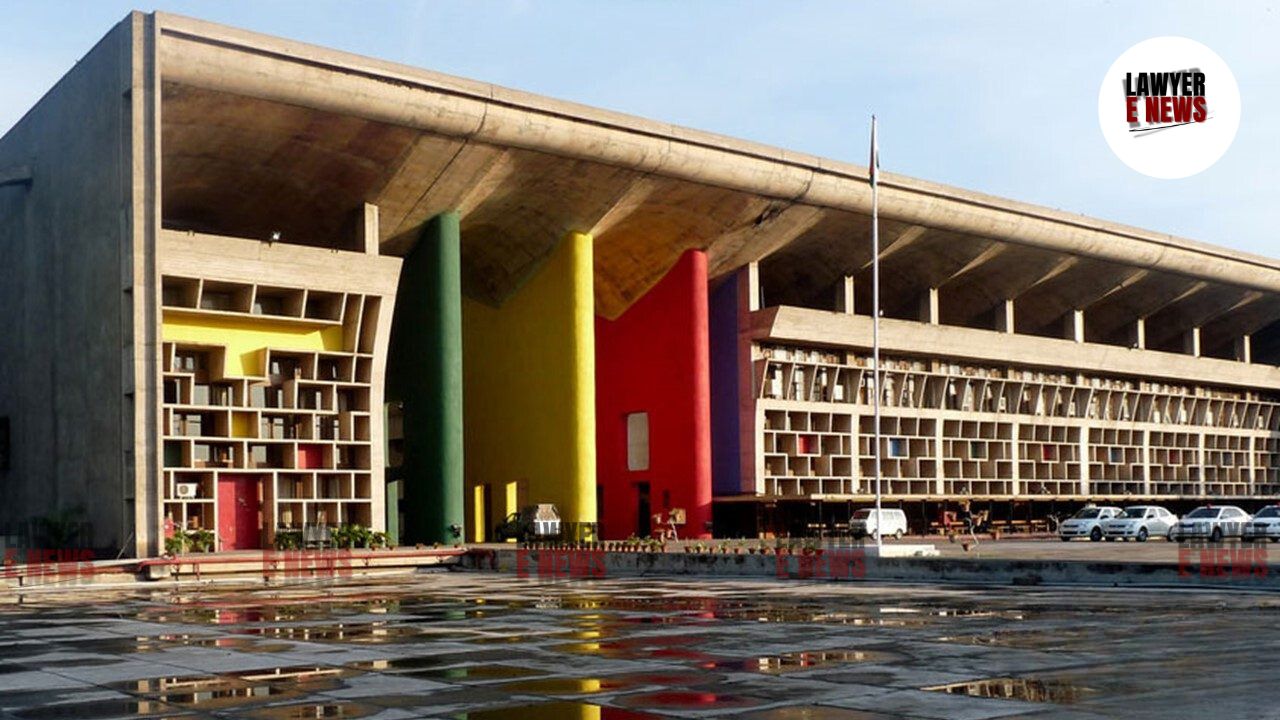-
by sayum
14 February 2026 2:22 PM



The Punjab & Haryana High Court has granted bail to Atul, a petitioner implicated in a murder conspiracy case under FIR No. 93, dated March 23, 2022. The court's decision, rendered by Justice Sandeep Moudgil on August 30, 2024, emphasized the lack of direct evidence against the petitioner, the extensive time he has spent in custody, and the turning hostile of material witnesses as key reasons for granting bail.
The case revolves around a violent incident that occurred on March 22, 2022, in Palwal, Haryana. According to the FIR filed by Akash, the complainant, several individuals, including known criminals and local residents, allegedly conspired to kill his brother, Yashbir. On the day of the incident, a group of armed men, reportedly part of the conspiracy, attacked Akash's family home, resulting in the death of Yashbir and injuries to others.
The petitioner, Atul, was later implicated in the case based on the disclosure statements of co-accused. However, he was not named in the initial FIR, and no direct evidence, such as the recovery of weapons or involvement in the attack, was presented against him.
Justice Sandeep Moudgil noted that Atul had been in custody for over six months without substantial progress in the trial. The court recognized that despite being implicated based on the statements of co-accused, no overt act had been attributed to him. Additionally, the court acknowledged that other co-accused in the case had already been granted bail under similar circumstances.
The court highlighted that material witnesses, including the complainant, had turned hostile during the trial. This development weakened the prosecution's case against Atul, further justifying the decision to grant bail.
In granting bail, the court underscored the fundamental principles of criminal jurisprudence, particularly the right to a speedy trial as guaranteed under Article 21 of the Constitution of India. The judgment referenced the Supreme Court's ruling in Dataram Singh v. State of Uttar Pradesh (2018), reiterating that the presumption of innocence and the right to bail are essential aspects of a fair legal process.
Justice Moudgil stated, "The constitutional right to a speedy trial cannot be denied to the accused, especially when the trial is likely to be protracted and there is no substantial evidence linking the petitioner directly to the crime."
Justice Sandeep Moudgil remarked, "The absence of direct involvement, combined with the petitioner's prolonged incarceration and the hostile turn of material witnesses, creates a scenario where continued detention would violate the petitioner's right to a fair and expeditious trial."
The High Court's decision to grant bail to Atul underscores the judiciary's commitment to ensuring that the rights of the accused are protected, especially in cases where evidence is circumstantial and the trial process is unduly delayed. This judgment may set a precedent for similar cases, emphasizing the need for concrete evidence and timely trials to uphold the principles of justice.
Date of Decision: August 30, 2024
Atul vs. State of Haryana
